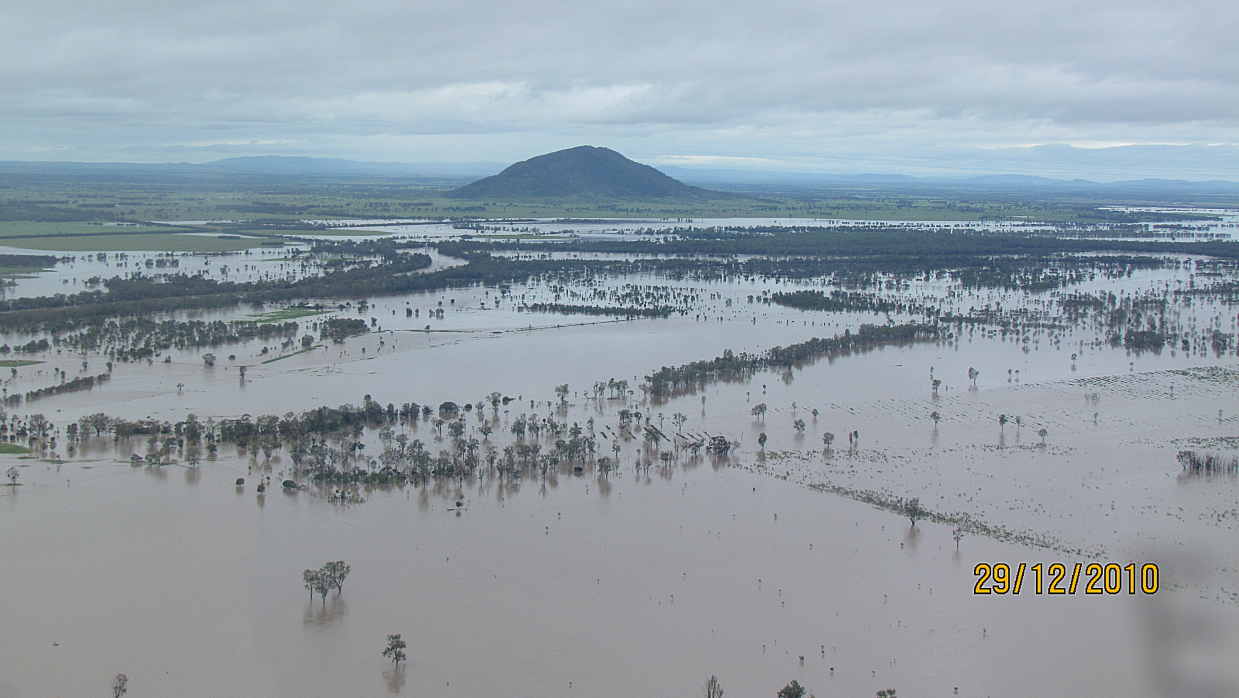United Nations Principles of Responsible Investment to pressure Liberty over plans to start work on a new coal mine it owns in Australia
This article by James Fernyhough originally appeared in The Australian Financial Review on January 14, 2021.
US insurance giant Liberty Mutual will face pressure from the United Nations Principles of Responsible Investment over plans to start work on a new coal mine it owns in central Queensland, which locals say undermines the insurer’s commitment to environmental issues and human rights.
The mine in question is the Baralaba South mine, 200 kilometres inland from Gladstone, which has reserves of coal used in the pulverised coal injection (PCI) method of steel making. It is on a flood plain close to the Dawson River.
Liberty Mutual took full ownership of the mine – an unusual move for an insurance company – in 2017, when Baralaba Coal, previously Cockatoo Coal, went into administration. Liberty Mutual had been a partial investor up to then. The company also owns nearby working mine Baralaba North.
It is estimated the Baralaba South open-cut mine will produce about 3.5 million tonnes of coal a year when up and running.
The coalition of farmers, Indigenous groups, environmental activists and other residents say Liberty Mutual has refused to meet them to discuss their concerns about the mine. They say the mine will cause damage to prime agricultural land, contaminate water supplies and contribute to global warming, among other issues.
They are particularly concerned that flooding will cause toxic waste from tailing dams – a byproduct from washing the coal – to pollute the Dawson River, contaminating local water supplies and flowing out into the Great Barrier Reef.
On Wednesday, the campaigners, partially funded by the Lock the Gate movement, met with representatives from UN PRI, a UN-backed organisation that promotes adherence to environmental, social and governance standards among institutional investors. Liberty Mutual became a signatory to the PRI late last year.
At the meeting, the campaigners asked PRI to request Liberty Mutual to meet with locals. If the company refuses, they requested PRI to expel the insurer from its list of signatories.
Widespread opposition
Paul Stephenson, who comes from Baralaba and is leading the campaign, said PRI had agreed to attempt to broker the meeting. He said the meeting would give Liberty Mutual “the opportunity to demonstrate that they are genuine about their commitment to these ESG, human rights and climate issues”.
“This project would never make them money, it’s already an enormous reputational risk for the company, there’s only upside in them withdrawing from the project. We just want to bring them to the table so that they can understand the situation better and make the right decision,” he said.
Mr Stephenson said a recent survey of the 300-odd residents of Baralaba and surrounding farmers found 97 per cent opposed the mine.
Mr Stephenson said PCI coal, which is an alternative to coking coal in steel-making, was essentially very high quality thermal coal, and could be used for either steel making or electricity generation. He said he believed the coal could be marketed as thermal coal if it made more sense to do so.
Liberty Mutual denied this, saying the coal could not be described as thermal coal and would be used for steel making.
Metallurgical coal has a stronger social licence than thermal coal as there are limited viable alternatives in the steel-making process. Green hydrogen (hydrogen made using renewably generated electricity) is a potential replacement for carbon-emitting metallurgical coal, but is not yet being manufactured at a scale that would make it competitive.
PCI coal has traditionally attracted higher prices than thermal coal, though last year demand dipped, forcing the price of PCI below that of high-quality thermal coal.
A spokeswoman for Liberty Mutual said the company was in the middle of the environmental and social impact assessment for the mine, and had “spent the past several months engaging with affected local stakeholders to share key findings, solicit their input and understand their concerns prior to submitting the report to the government this year”.
She declined to go into the details of the campaigners’ concerns, but said coal mines were a “very small part of our overall investment portfolio”. The company had ruled out any further investments in coal mines. She said the company recognised the risks of climate change.
A spokesman for UN PRI confirmed representatives had met with Mr Stephenson on Wednesday but made no further comment.
Mr Stephenson said the meeting with UN PRI went well, and he hoped it would persuade Liberty Mutual to meet with the community. He said contamination of drinking water would violate human rights, and the risk of that happening was high.
“The only way that they can market coal as PCI is if it is washed extensively. That would lead to contamination of the drinking water supplies of the Woorabinda Aboriginal community, and the town of Baralaba. This would leave tailings dams right next to the flood plain that risks bursting and flowing into the Dawson River drinking water supplies, and on to the Great Barrier Reef.”

